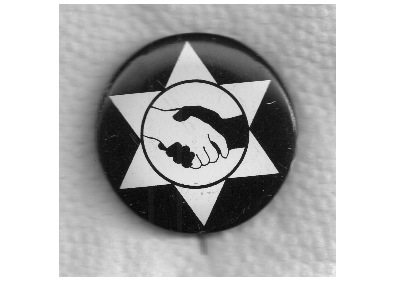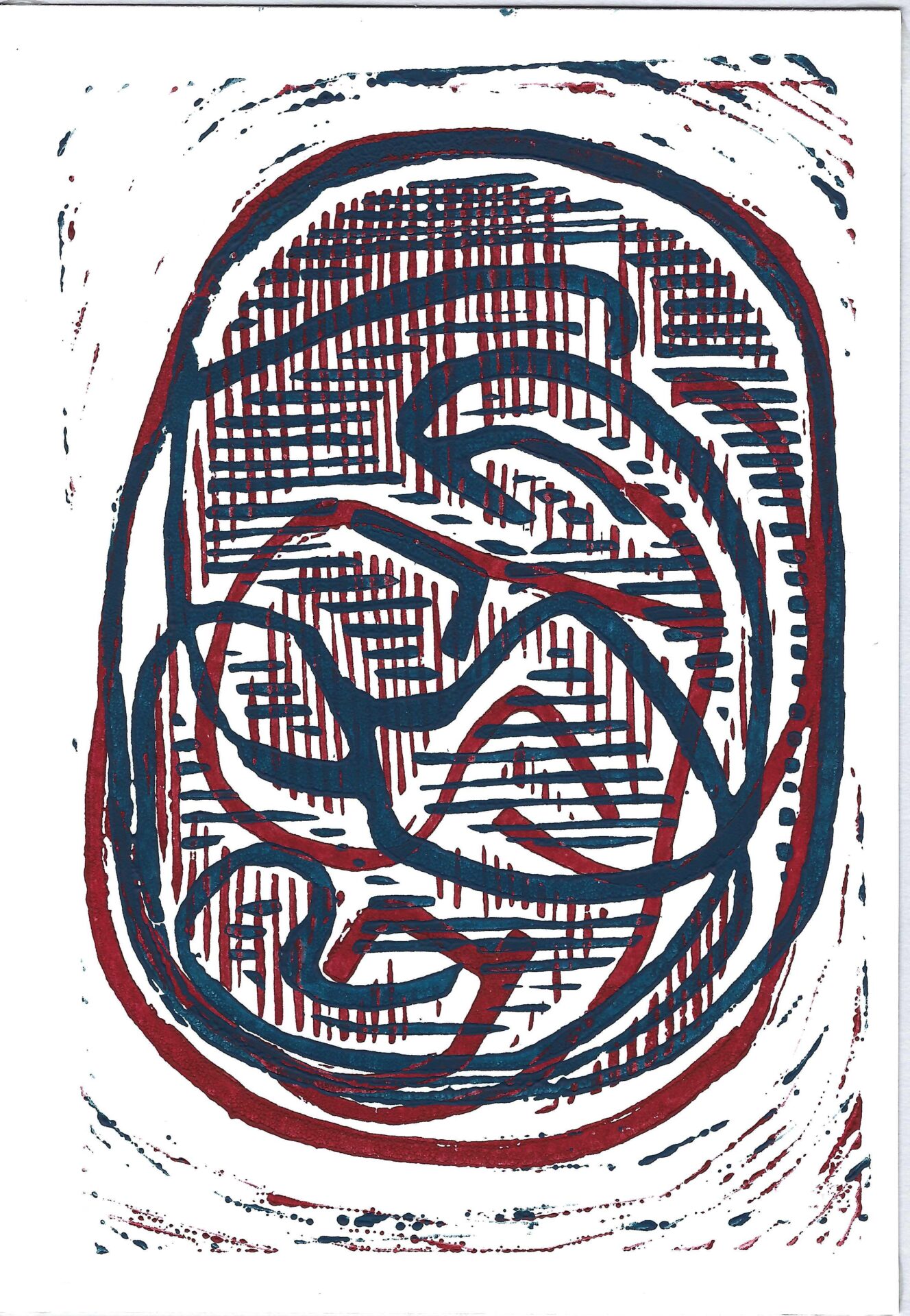Leo Frank
Today, August 17, 2020 marks the 105th anniversary of the lynching of Leo Frank
לְהַבדִיל — l’havdil — to distinguish
Yesterday I learned about “Suppertime”, a deeply moving song written by Irving Berlin in 1933. The song tells of a far more common experience, as a poor Black woman tries to set the table for her children after learning that her husband has been lynched.
You can hear Ethel Waters sing the song on what seems to be a 1970s television show.
I’m intrigued by the opening rhythmic cadence. It seems to match, and yet predates, the opening of George Gershwin’s “Summertime”. I wonder (and doubt there’s any way to confirm) if Gershwin’s song grew out of Berlin’s.
Leonidas C. Dyer
In 1918 the year after Frank was lynched, Representative Leonidas C. Dyer, a Republican from St. Louis, Missouri, introduced the “Dyer Anti-Lynching Bill” in the United States House of Representatives as H.R. 11279. It was intended to establish lynching as a federal crime. Even though a variant of the bill has been repeatedly reintroduced, most recently as the Emmett Till Antilynching Act, and passed in the House by a vote of 410–4 on February 26, 2020, it has not become law after dying in the Senate.
a Jewish button related to lynching?
I’m not aware of any such button.

| Date: | 1960s |
| Size: | 3.49 |
| Pin Form: | straight |
| Print Method: | litho |
| Text | no text, only an image of black and white hands shaking inside a Magen David |
your lapel buttons
Many people have lapel buttons. They may be attached to a favorite hat or jacket you no longer wear or poked into a cork-board on your wall. If you have any lying around that you do not feel emotionally attached to, please let me know. I preserve these for the Jewish people. At some point, they will all go to an appropriate museum. You can see all the buttons shared to date.

